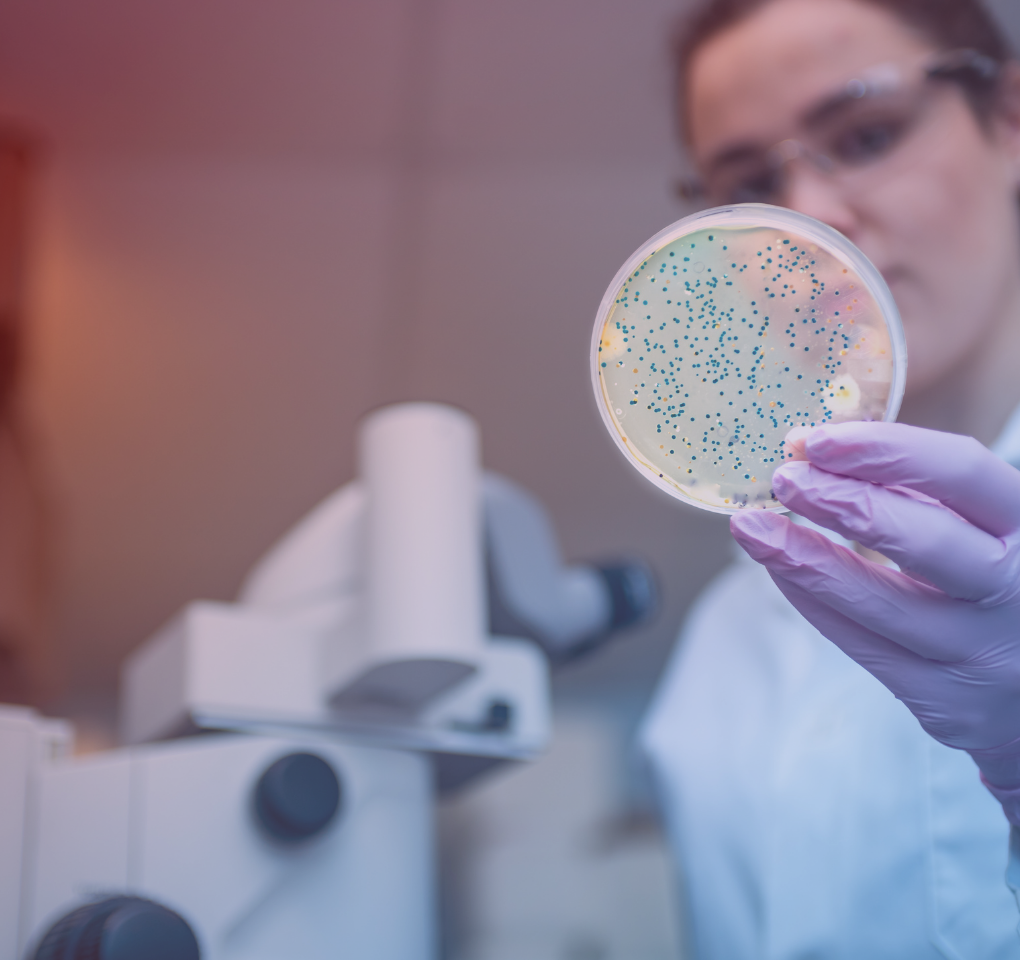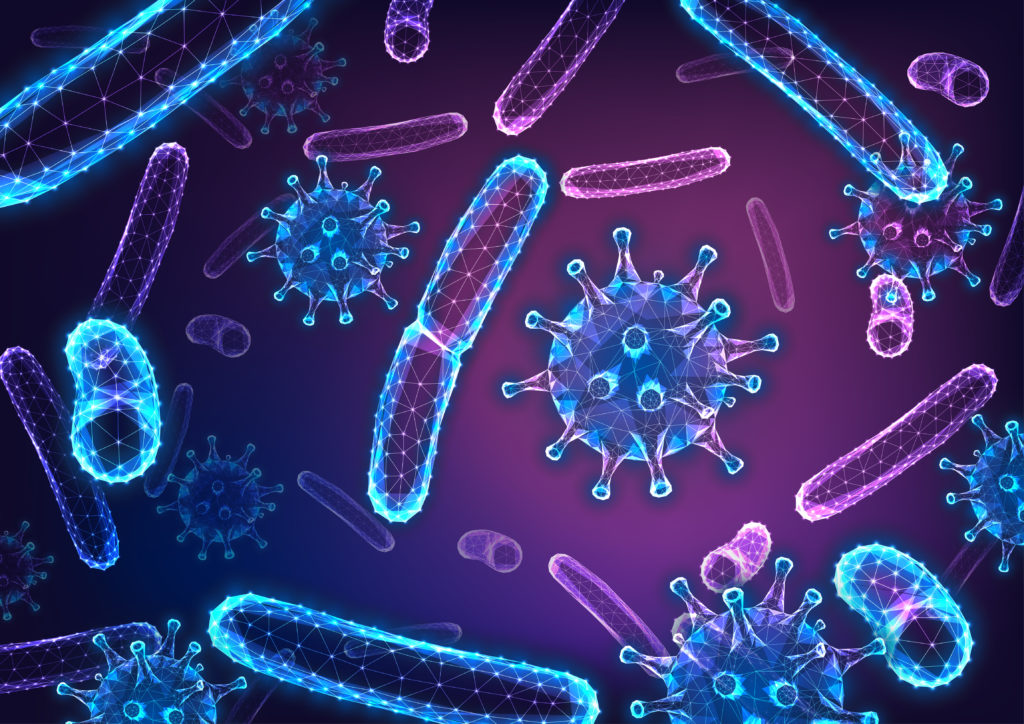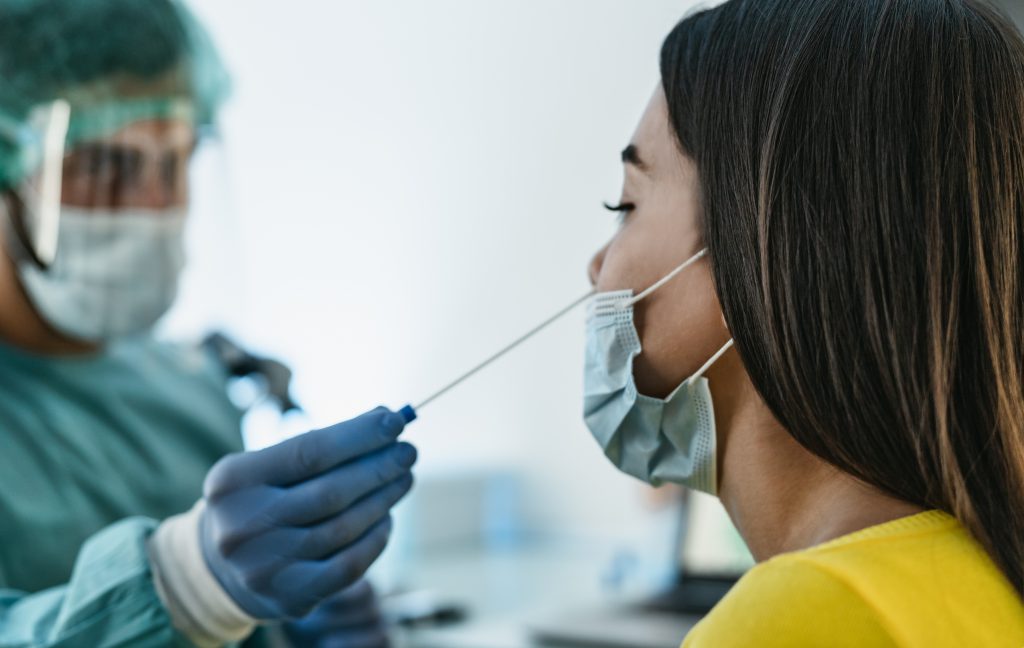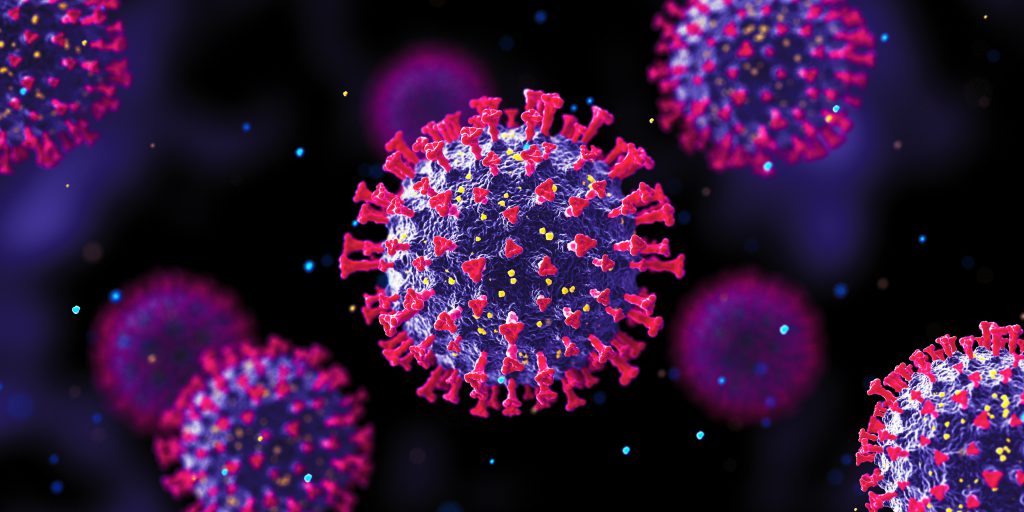COVID-19: Why is it safe and important to get vaccinated?
25 January 2021
At the time of this interview, two COVID-19 vaccines have been approved by the European authorities, with both of them found to be more than 94% effective. Yet, some part of the Luxembourg population is somewhat hesitant as to whether they should get vaccinated or not. Rudi Balling, Director of the Luxembourg Centre for Systems Biomedicine (LCSB) explains the question many people have been asking: “How is it possible that the vaccines were developed so fast?”
This article was originally published by the University of Luxembourg

When the SARS-CoV-2 virus started spreading around the world in January 2020, it was clear to the scientific community that the world is faced with a new dangerous type of virus. This led to a tremendous commitment, focus of efforts and resources made available by the entire scientific community worldwide like I have never seen before and this helped a lot in developing effective vaccines.
Also, one should not forget that vaccine development is not something new but has a history of several decades. In the case of the COVID-19, scientists could benefit from what they knew about the SARS and MERS infections in 2002 and 2012, respectively. Those are two other types of coronaviruses against which a vaccine has started to be developed for back then. The researchers therefore did not start from scratch in this but rather focused and funnelled all their resources to develop a vaccine targeting the new virus.
How could the vaccine be properly tested in such a short time frame?
Generally speaking, clinical testing of any vaccine is divided into subsequent phases. Usually, the manufacturer starts the final production of a vaccine only after all phases have been completed and the vaccine is approved by the authorities, to avoid a financial risk.
Given the urgency of the COVID-19 crisis worldwide, the different processes of final testing, approval and start of production have not been caried out sequentially, but in parallel while constantly exchanging information between all parties involved. This does not mean that the quality standards have been lowered by any means. Instead, the companies were financially backed up by the authorities so they could take the risk to move ahead faster than usual. Out of many vaccines developed in parallel, the ones that have now been approved fulfil all common regulatory requirements just like all other vaccines outside a health crisis.
In other words, are the COVID-19 vaccines which are currently on the market safe?
Based on the tens of thousands of people that have been vaccinated so far, there is no evidence that the COVID-19 vaccines are raising any concern about safety. As for any medication, side effects may occur for some people. However, I do not see any reason why getting the COVID-19 vaccines should be any riskier than other vaccines used for many years as the same strict criteria have been imposed for approval.
So how can the vaccination help to protect myself?
Up to now, we know that the infection fatality rate of SARS-CoV-2 very much depends on the age of a person. Whereas elderly and other people at high risk may have a chance of 1:100 to die from the virus, this risk is somewhat lower for younger people. Yet, the chance to die from the vaccine is still several orders of magnitude lower, in the order of millions. Just from looking at these numbers, it becomes evident that a vaccination protecting you against the virus tremendously reduces infection fatality among all age groups.
Why is it important for everyone to get vaccinated? Isn’t it sufficient to only vaccinate the elderly population?
A vaccination against COVID-19 can be expected to reduce the level of virus transmission to some extent. In that sense, not getting vaccinated would mean to put others at a severe and potentially deadly risk. Even if one has no symptoms one might still transmit it on to his family, at school or any outings and visits. This might ultimately impose distress on the health system which then indirectly may affect people’s health. Additionally, while the consequences of getting a SARS-CoV-2 infection are not the same for everybody, it does not take away a single bit of the responsibility everybody has for our society.
In that context, the term herd immunity is often used. What does this relate to?
The concept of herd immunity has been discussed for several decades now. Basically, it describes an indirect protection of the population due to the people who are immune and thus cannot transmit the virus any longer.
To picture this, imagine 1,000 mouse traps closely to each other in a room. If you throw a table tennis ball randomly into the room, you will get an exponential chain reaction without being able to stop it. Now, if you start disengaging the mouse traps one after another, the probability to trigger a chain reaction will drop as the traps become too isolated. Vaccinating people follows the same principle, reducing the amount of people infectable by the virus which may lead to herd immunity.
Although we do not know yet when such herd immunity will be achieved as this also depends on our personal behaviour and many other factors; it will be reached faster the more people will get vaccinated and become immune.
What are in your eyes the immediate challenges we are facing in 2021?
Well, it’s hard to predict the future, but I would assume that towards the end of the year everybody in Luxembourg will be given the possibility to get vaccinated. Still, until then it’s a race: recently, new viral strains from the UK and South Africa have been reported. Likewise, other variants might occur with time if the virus is not stopped as soon as possible.
In the end the virus might eventually become endemic, and we will have to live with it. Hopefully by then enough people will be protected either via vaccination or overcome infection that it will not distress the health system as it does now.
Do you have any final recommendations?
I can only recommend everyone to get vaccinated. Personally, I would be the first to take it. By this, you are not only protecting yourself, but are taking responsibility for the people around you. All vaccines approved in the European Union
Similar articles
have been thoroughly tested and there is no reason to assume that they are not safe in any way.








